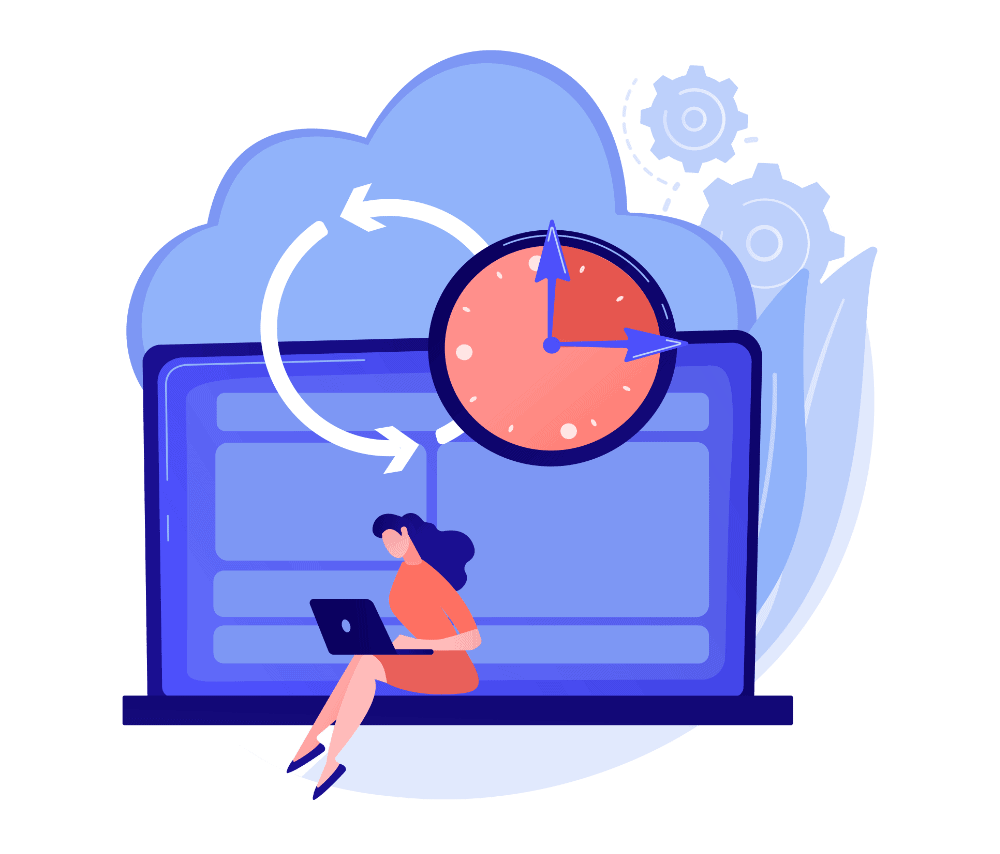Cybersecurity is becoming increasingly important to individuals, businesses and organizations. In this blog, we explore some of the key dangers surrounding cybersecurity and provide tips and advice for protecting yourself and your data from the various threats that exist online.
1. Update your software regularly
One of the most important things you can do to protect yourself from cyber attacks is to keep your software and operating system up-to-date. Software developers are constantly identifying and fixing security vulnerabilities, and by installing regular updates, you can protect your computer and network from these threats (as best you can). Many systems offer automatic updates and otherwise just put it in your calendar.
2. Make use of strong passwords
In addition to keeping your software and operating system up-to-date, it is also important to create strong, secure passwords and store them securely. Many people make the mistake of using the same password for multiple accounts, or using passwords that are easy to guess. This makes it relatively easy for a hacker to gain access to your accounts, which can lead to theft of sensitive information or loss of important data. To protect yourself, it’s best to use a different password for each of your accounts and make sure you use a combination of uppercase, lowercase, numbers and special characters. Using a good password manager such as Bitwarden can help you do this. Also remember to use multi factor authentication where possible.

3. Make use of a firewall
A firewall is software or hardware that helps protect your computer or network from unauthorized access. By blocking incoming connections from known malicious sources, firewalls can help prevent hackers from gaining access to your system. In addition, many firewalls such as Little snitch and LuLu also allow you to control which programs and services can access the Internet, giving you even more control over your security.
4. Protection against phishing
Phishing attacks are another common threat online. These attacks involve the use of fake emails or websites designed to extract sensitive information from you, such as your login credentials or financial information. To protect yourself from phishing attacks, it is important to be cautious when providing personal information online, and to always verify the authenticity of any email or website that requests sensitive information. This sometimes feels excessive, until you have fallen victim to a phishing attack. We previously wrote an article on phishing.
5. Back up regularly
Finally, it is important to back up your data regularly to protect against ransomware and other threats. Ransomware is a form of malware that encrypts your data and makes it inaccessible until you pay a ransom to the attacker. By regularly backing up your data, you can ensure that you have a copy of your important files and documents even if your computer is infected with ransomware. This can save you a significant amount of time and frustration, and help protect your valuable data from loss or theft.

By following these tips and advice, you can help protect yourself and your personal information from threats that exist online. Whether you are an individual, a business or an organization, taking the necessary steps to secure your digital world is essential to protect your safety and security in this digital age.


